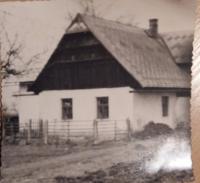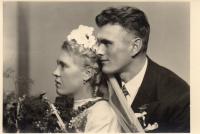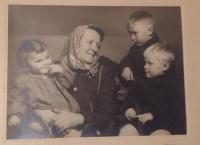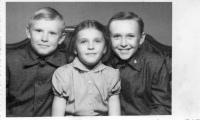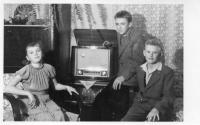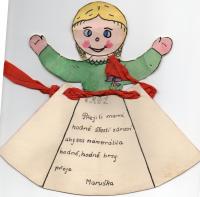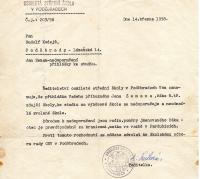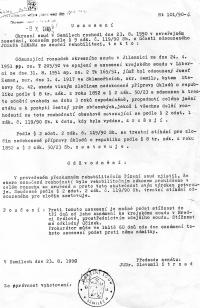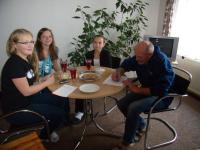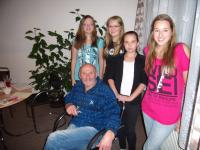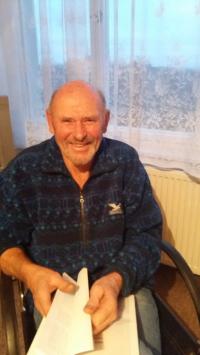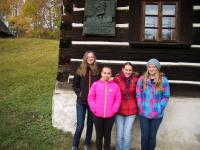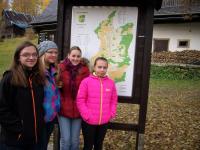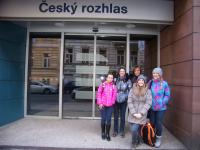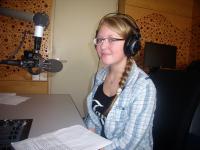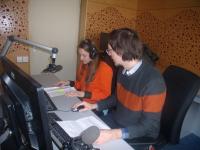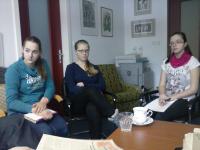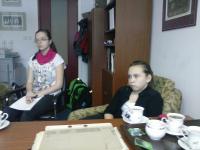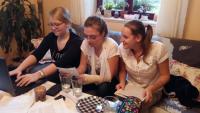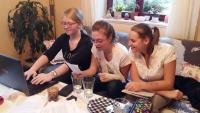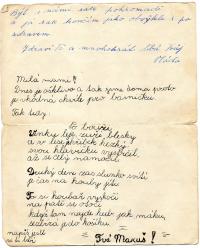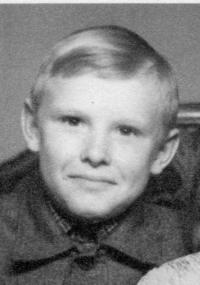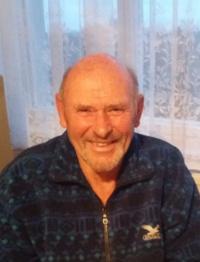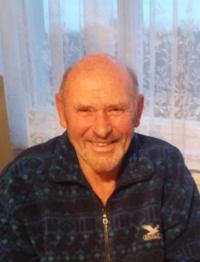Cherish your freedom, it can be lost even in democracy!

Download image
Vladimír Zeman was born on 1 September 1946. All his closest relatives were active in the resistance during World War II. Of his grandparents, only his grandmother from his mother’s side avoided execution. His father Josef Zeman escaped after being arrested by the Gestapo and had to hide. After the war he was appointed chairman of the district committee in Jilemnice and was politically active in the Czechoslovak National Socialist Party. However, with two months of custody and the threat of long-term imprisonment following the Communist coup in February 1948, he was forced to emigrate. He became a “walker” agent and would cross over the borders into Czechoslovakia on intelligence missions. However, he was not able to get his family out of the country because they were kept under State Security surveillance. When his network of contacts was betrayed, he stayed abroad and later received asylum in the United States of America. In 1952 the witness’s mother Marie Zemanová, née Kodejšová, was sent before a Communist tribunal and sentenced to eighteen years of prison in the trial with Václav Lampa et al. Vladimír Zeman grew up with his siblings and his grandmother, later at his aunt’s. He remembers having a poor but nice childhood. But he missed his mother, and this sorrow was only overcome thanks to his close relationship with his sister and brother. Marie Zemanová was released by an amnesty in 1960. None of her three children were allowed to study university, the authorities only permitted them to enrol in selected vocational programmes with maturita graduation exams. The witness trained as an electrician and worked in the field until his retirement.
